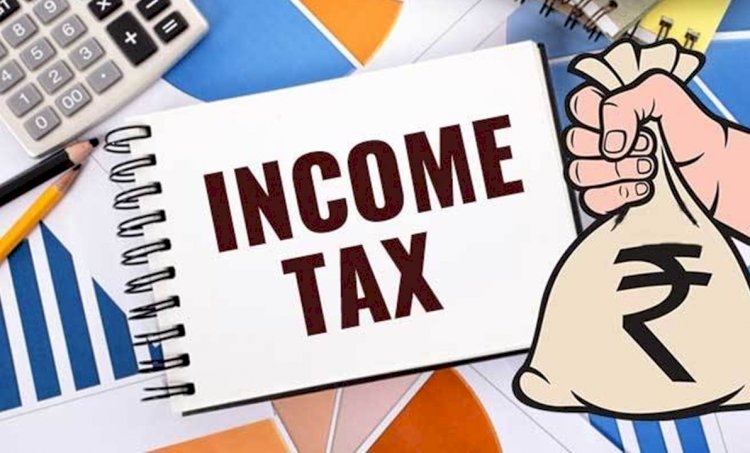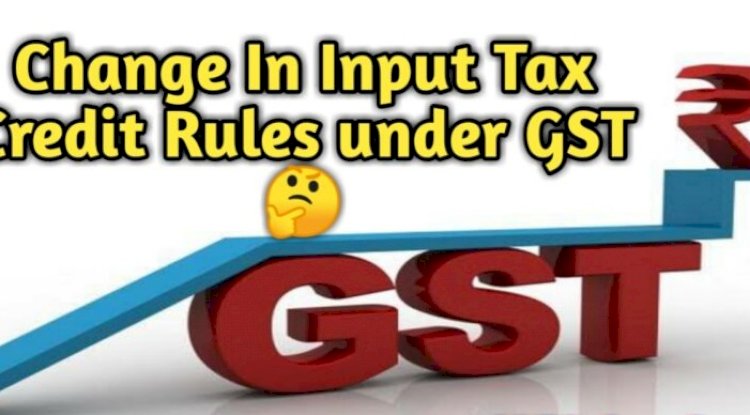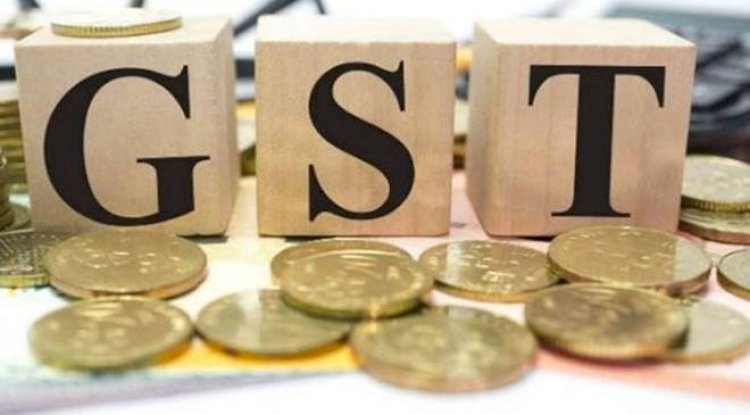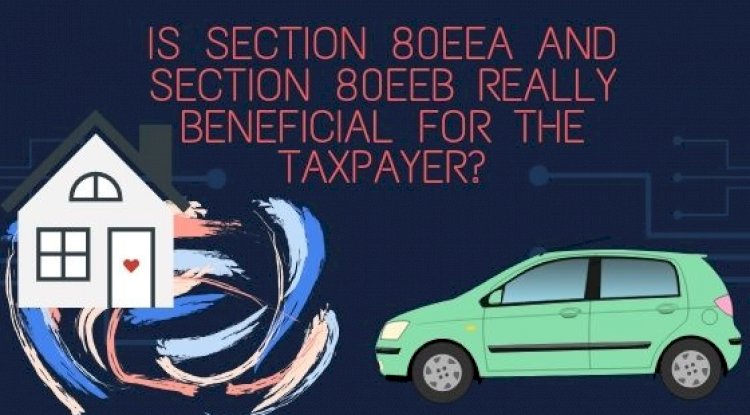How to prepared Income Tax return financial year 2019-20?

What are the documents required to prepared?
Documents required for filing ITR
Form-16 & 16A (Salary and Interest)
Interest certificates from banks and post office
Form-26AS
Tax-saving investment proofs
Documentary proofs to claim deductions under section 80D to 80U
Home loan statement from bank/NBFC
Sale purchase details of Immovable Properties
Login and Password (if any)
Copy of Adhar card
Bank Details with IFSC or cancels a cheque
Link Aadhaar with Pan
INCOME TAX FY (2019-20)
WHAT IS INCOME TAX?
Tax is a part of an individual’s earning which is required to be paid to the government in order to generate revenue. It is mandatory liability for every citizen of the country. There are two types of tax in India. I.E Direct and indirect tax. Income tax is a direct tax.
WHY TAX IS REQUIRED?
Income tax is the main source of income for the govt. Tax money is used in initiating various welfare and other activities such as.
HEADS OF INCOME
- Income From Salary
- Income from Business or profession
- Income from other sources
- Income from House Property
- Income from Capital Gains
IMPORTANT TERMS
- ASSESSEE: - This means a person by whom any tax or any other sum of money is payable under this act. In simple term, the assessee means “ TAXPAYERS
- ASSESSMENT YEAR & PREVIOUS YEAR: - Assessment year means the period starting from April 1 and ending on March 31 of the next year and the previous year means the financial year immediately before the assessment year.
- RESIDENTAL STATUS: - There are three types of residential status of assesses as per Income Tax Act 1961.
- RESIDENT: - Means a citizen of India who resided in India for a period of 182 days or more in during previous year. His income earned anywhere in the world will be taxable in India.
- NON- RESIDENT (NRI):- Income earned in India only will be subject to income tax in India.
- RESIDENT BUT NOT RESIDING IN INDIA: - Citizen of India who stayed in India for less than 182 days during the previous year. His / her income arising outside India may also be taxable in India.
- GROSS TOTAL INCOME:- It comprises sum of the income earned through all the five heads of income without any deduction
- DEDUCTIONS: - The amount which is allowed to be deducted from gross total income before determining the tax liability of an assessee such as certain savings, donations etc..
- TOTAL INCOME: - It is gross total income (minus) deductions. This is the net taxable income of assessee.
CURRENT INCOME TAX RATES (2019-20)
|
INCOME TAX RATES FOR CURRENT FINANCIAL 2019-20 |
|||||
|
General Public Below 60 Years of Age |
Senior Citizen 60-80 years |
Senior Citizen (Above 80 Years of Age) |
|||
|
Income Range |
Tax |
Income Range |
Tax |
Income Range |
Tax |
|
Upto Rs. 2.5 Lakh |
Nil |
Upto 3 Lakh |
Nil |
Upto 5 Lakh |
Nil |
|
Above 2.5 to 5 Lakh |
5% |
Above 3 to 5 lakh |
5% |
Above 5 to 10 Lakh |
20% |
|
Above 5 to 10 Lakh |
20% |
Above 5 to 10 Lakh |
20% |
Above 10 Lakh |
30% |
|
Above 10 Lakh |
30% |
Above 10 Lakh |
30% |
|
|
Education Cess 4% + Health Cess 1% of income tax for all taxpayers.
Tax Credit of Rs. 12,500/ or the actual amount of tax for an income of RS. 5 Lakhs or less u/s 87A.
Standard deduction of Rs. 50,000/ for salaried and pensioners
EXEMPTION & DEDUCTIONS
Exemption:- It is the part of income that is not taxable it is required to be deducted before computing gross total income E.G CFA Rs. 26,000 / PM , MFA Rs. 1000/ PM so on. In any case, the exemption can not be more than the gross total income.
DEDUCTION:- Amount of expenditure incurred by individuals towards specific investment. Donations, insurances, etc. These amounts are deducted from gross total income before computing tax liability.
IMPORTANT EXEMPTION
|
Name of Allowances |
Amount of exemption |
|
High Altitude Allowance |
Rs .1600/- p.m |
|
Spl Compensatory Allowance |
Rs.1300/-pm |
|
Hostel Subsidy |
Rs. 300/-pm |
|
MFA |
Rs. 1000/- pm |
|
CEA |
Rs.100/- pm per child |
|
CFA |
Rs. 2600/pm |
|
House Rent Allowance |
Up to a certain amount based on specific conditions. |
Amount of Exemption on HRA:-
The minimum of the following (A, B, and C) will be the amount of exemption house rent allowance.
Amount of HRA
Rent paid (minus) 10% of pay (Basic pay)
50% of pay (basic pay) if residing in metro and 40% of pay if residing in a city other than the metro.
The HRA calculation has been explained by an example:
- HRA per month = Rs 15,000
- Basic monthly salary = Rs 30,000
- Dearness Allowance = Nil
- Monthly rent = Rs 12,000
- Rental accommodation is in Mumbai (which is metro)
HRA Exemption Calculation:
- Actual amount of HRA = Rs 15,000
- 50% of salary = 50% x (30,000 + 0) = Rs 15,000
- Actual rent paid – 10% of salary = Rs 12,000 – [10% of (30,000 + 0)] = 12,000 – 3,000 = Rs 9,000
IMPORTANT DEDUCTIONS
|
Section (of IT Act 1961)
|
Details of Deductions |
Amount |
|
80C |
Pf subscription, GIS Subscription, LIC Premium, Refund of house building loan (Principal/), Refund of education loan (principal), payment of tuition fee for higher education, term deposit for not less than 5 Years term deposit, contribution to certain pension funds. |
1,50,000 |
|
80CCD |
Contribution under a new pension scheme |
50,000 |
|
80D |
CGHS/ ECHS contribution, expenses on preventive health check-up, Medical insurances premium |
25,000 50,000(for senior citizen) |
|
80DD |
Maintenance & medical treatment of a person with a disability. |
75,000(up to 80% Disability ) 1, 25,000 (in case of Severe disability) (<80%) |
|
80 E |
Payment of interest on education loan |
The full amount of interest till refund of loan for 8 years whichever is earlier. |
|
80EE |
Interest on loan payable for acquiring a residential house property |
50,000 |
|
80EEA |
Interest on housing loan availed during fy 2019-20 onwards Provided the stamp duty value of the house does not exceed Rs. 45 lakh |
1,50,000 It is not in addition to Rs 2 Lakh u/s 24 and RS 50,000 U/s 80EE |
|
80EEB |
Interest on loan availed to purchase any electronic vehicle during fy 2019-20 onwards |
1,50,000 |
|
80G |
Donation to certain funds charitable institutions E.G IAFCWF , PMNRF etc. |
50% or 100% of total amount as notified by govt. (cash donation up to Rs. 2000/ only) |
|
80GGA |
Certain donations for scientific research or rural development |
100% of sum donated (cash) donation up to RS. 10,000 only) |
|
80TTA |
Interest on saving bank account (Individual below 60 years of age) |
10,000 |
|
80TTB |
Interest on saving bank account (for senior citizen) |
50,000 |
|
80 U |
Person with disability (a) Disability above 40% to 80% (b) Disability of 80% o more |
75,000
1,25,000
|
What are the different types of ITR?
|
Type of ITR from |
Assessee who will file the ITR |
|
ITR-1 |
For individual resident (other than not ordinary resident) having total income up to RS. 50 lakh, which includes- a) Income from salaries, b) Income from one house property. c) Other sources (interest etc.) d) Agricultural income up to RS. 5,000/ |
|
ITR-2 |
For Individuals and HUFs not having income from profits and gains of business or profession and having income more than RS. 50 lakh , includes- a) Income from more than one house property , b) Lottery and types of gambling , horses races, agricultural income (of above RS.5,000 c) Capital gains, d) Assets located outside India
|
|
ITR-3 |
For individual and HUFs having income from profits and gains of business profession
|
|
ITR-4 |
For individual , HUFs and firms (other than LLP) being a resident having total income up to Rs. 50 lakhs and having income from business and profession computed under section 44ADA or 44AE (not for an individual who is either director in a company or has invested in unlisted equity shares) |
|
ITR-5 |
For person other than :- a) Individual b) HUF c) Company and d) Person filing form ITR-7 |
|
ITR-6
|
For companies not claiming exemption under section 11(like charitable trusts, school or colleges etc..
|
|
ITR-7 |
For person including companies required to furnish return under section- a) 139(4A) – charitable and religious trusts b) 139(4B) – political parties c) 139(4C) or 139 (4D) entities claiming exemption under section 10 d) 139(4E)- business trusts e) 139(4F)-investment funds referred to in section 115UB.
|
Section 80EEA and Section 24
Under Section 24, homeowners can claim a deduction for interest payments up to Rs 2 lakh on their home loan, if the owner or his family resides in the house property. The deduction of up to Rs 2 Lakh applies even when the house is vacant. If you have rented out the property, the entire home loan interest is allowed as a deduction.
If you are able to satisfy the conditions of both Section 24 and Section 80EEA of the Income Tax Act, you can claim the benefits under both the sections. First, exhaust your deductible limit under Section 24, which is Rs 2 lakh. Then, go on to claim the additional benefits under Section 80EEA. Therefore, this deduction is in addition to the Rs 2 lakh limit allowed under Section 24
ITR can be filed after due date also paying a mandatory fine as tabulated below.
|
Period of filing ITR |
Late Fee |
|
01 APR to 31 JUL |
NIL |
|
01 AUG to 31 DEC |
5000 |
|
01 JAN to 31 MARCH (Next year) |
10,000 |
|
However, if the total income of a person does not exceed Rs. 5 Lakh, the maximum late fee will be Rs. 1,000 |
|
|
At the time of filing ITR after the due date, if ant Tax is payable, then penal interest @ 1% of tax per month will be levied from the due date till the date of filing. |
|
SOME USEFUL TIPS
- In the case of income from the salary the tax is assessed by the employer and tax is deducted from monthly salary which is called TDS I.E TAX DEDUCTED SOURCE.
- If any individual is having income other than from salary, the tax on such income to be assessed by the individual himself which is called SELF ASSESSMENT.
- In such cases, if the total tax payable is more than 10,000/ the individual is required to pay ADVANCE TAX as per the following schedule.
DUE DATE FOR PAYMENT OF ADVANCE TAX
|
On before 15 JUN of the previous year |
Up to 15% of Tax Payable |
|
On or before 15 Sep of the previous year |
Up to 45% of Tax payable
|
|
On or before 15 Dec of the previous year |
Up to 75% of Tax payable |
|
On or before 15 March of the previous year |
Up to 100% of Tax payable |
What's Your Reaction?





















